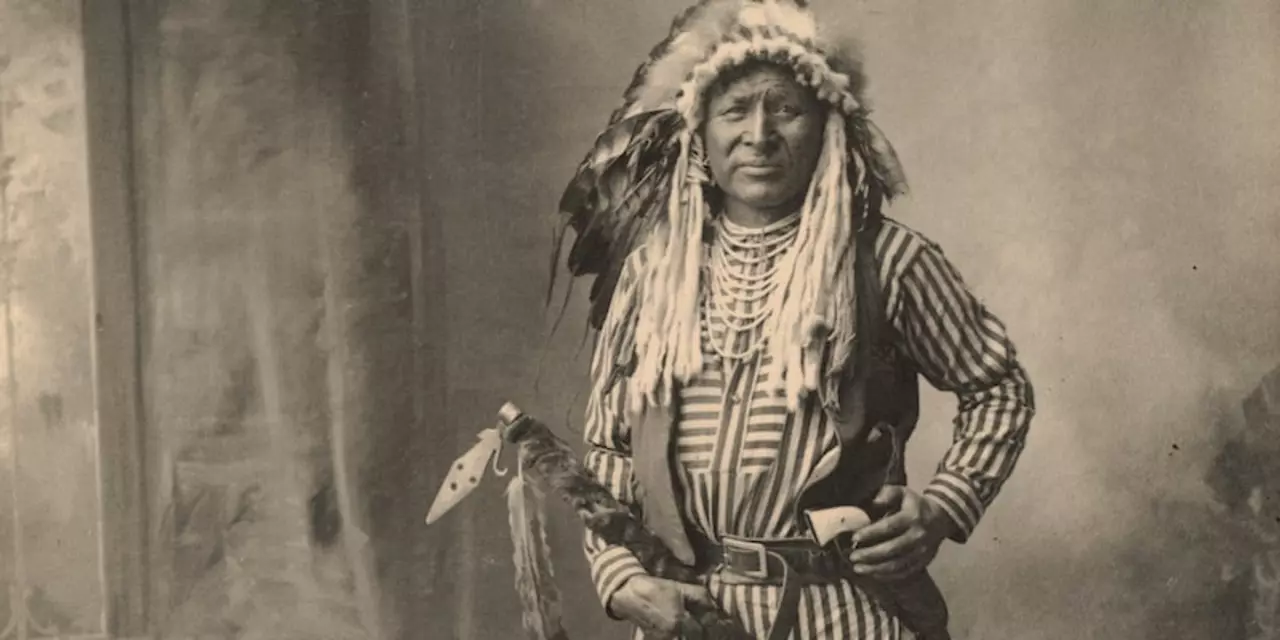Ever wonder why something happens and wish you had a quick answer? You’re not alone. This page pulls together the most useful "why" stories from InfoDial, covering everything from stock buybacks to tasty Indian breakfasts. Grab a coffee, scroll a bit, and you’ll walk away with clear, practical info you can actually use.
Looking for a finance hook? Check out the Infosys share buyback article. It breaks down why the board is considering a tender offer, how the premium works, and what it means for investors – all in plain language.
If food is more your vibe, we’ve got a fun piece on why certain Indian dishes boost health. Think palak paneer for iron, dal for protein, and turmeric rice for antioxidants. The post even gives quick tips on spotting these foods at the market.
Curious about daily life? The "college life in India" post explains why student life feels like a mix of intense study and vibrant festivals, and what that balance means for personal growth.
Each article is tagged with "why" because it answers a specific question. We sort them by topic, so you can jump straight to finance, food, education, or legal matters. Want to know why the Supreme Court rejected a VVPAT matching plea? That’s right there, explained without legal jargon.
Our goal is to keep the answers short, sharp, and helpful. No fluff, just the facts you asked for. We use real examples, clear numbers, and everyday language so you don’t need a degree to get it.
Got a new "why" question? Look at the "Why is India so bad?" post. It tackles tough issues like poverty and corruption honestly, offering a balanced view instead of oversimplified blame.
All these pieces share one thing: they give you a reason, a why, and a way forward. Whether you’re planning an investment, cooking a quick breakfast, or figuring out campus life, you’ll find a straightforward answer here.
So, next time a "why" pops up in your head, come back to this hub. We’ll have the answer ready, no extra digging needed.

The article focuses on the reasons why some Indians tend to have negative views of the United States. It suggests that these attitudes are due to the US's influence in foreign policy, its military presence in South Asia, and its economic policies. Additionally, Indian citizens are often concerned that the US is attempting to interfere in the internal affairs of India. Furthermore, American culture is sometimes seen as a threat to traditional Indian values and traditions. Finally, the article highlights the need to understand these issues in order to better understand the Indian perspective.
READ